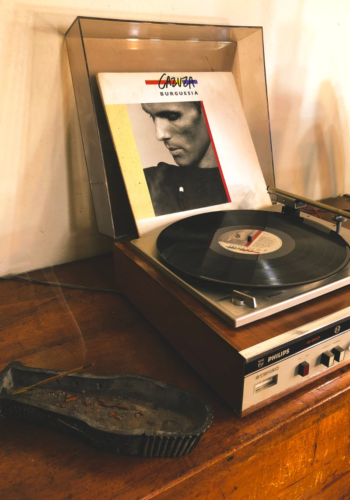
How Sustainable Living: Your Shield in Times of Recession
Making a buffer against financial downturns is more important than ever in a world full of unforeseen obstacles and economic uncertainty. Sustainable living is one such shield that not only provides defense but also helps to make the world healthier. This blog post will examine the relationship between sustainable living and the recession, showing how implementing eco-friendly habits can protect your pocketbook while simultaneously encouraging a robust and ecologically conscious way of life.
Understanding the Recession Landscape:
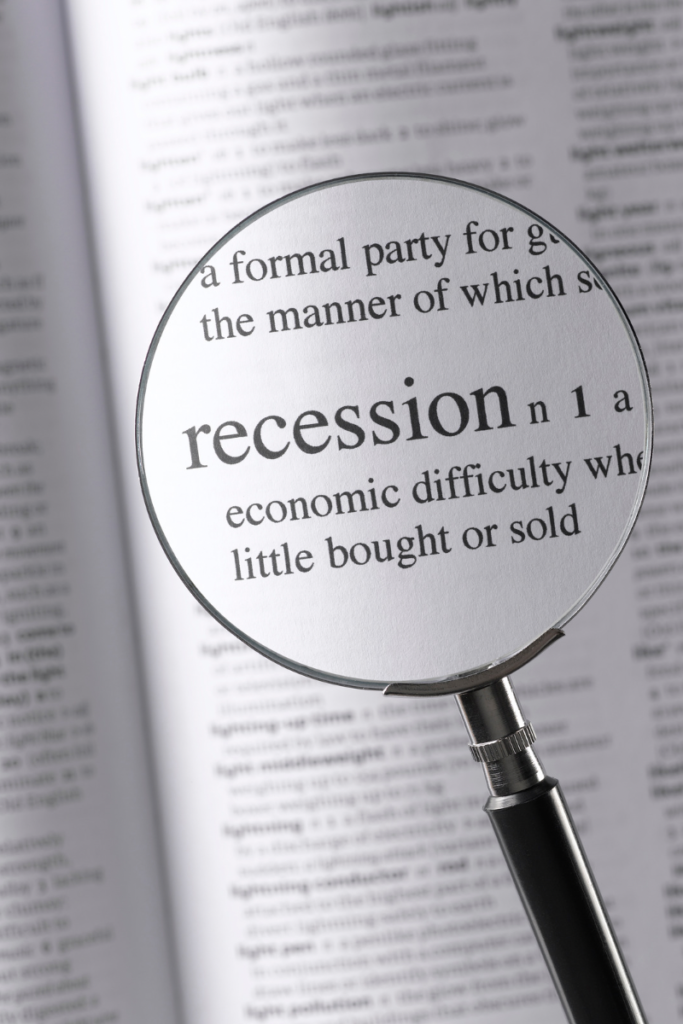
Prior to exploring sustainable living, let us take a quick look at what a recession is. A recession is a time of economic downturn marked by a decline in the GDP, employment rates, and general level of economic activity. Households experience financial strain, job insecurity, and an overall sense of instability during these times.
The Role of Sustainable Living in Recession:
1.Cost-Selective Methods:
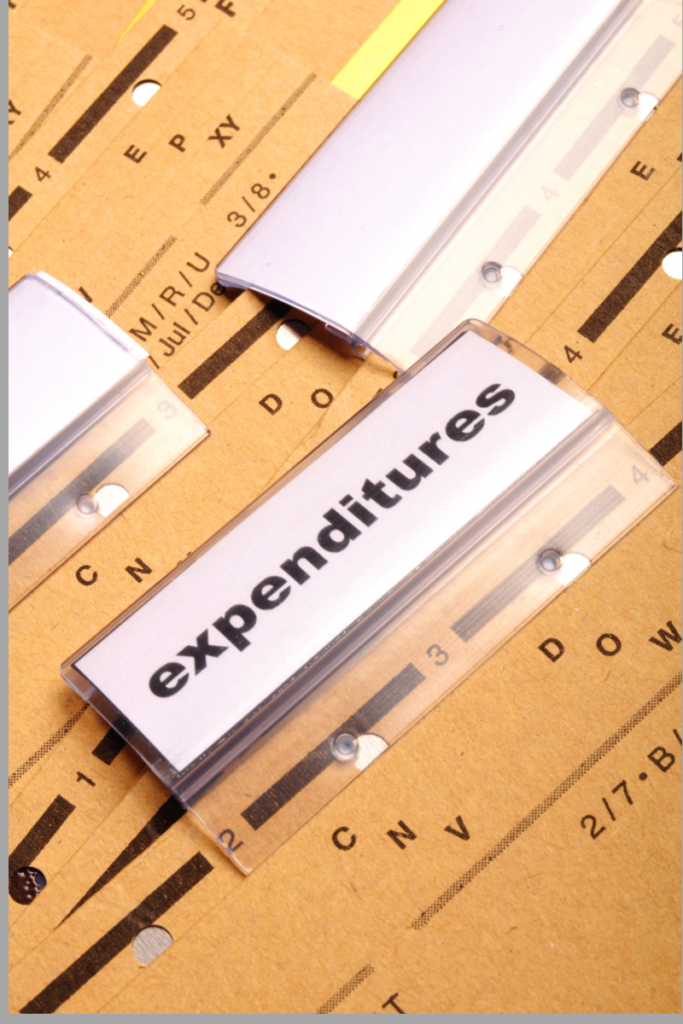
Making decisions that are both long-term economical and environmentally beneficial is a common component of sustainable living. Investing in energy-efficient appliances, for example, using solar power, and conserving water not only help you live a greener lifestyle, but they can also drastically lower your utility costs
2.Sustainable and Local Food Options:

Making thoughtful food consumption decisions is a key component of living a sustainable lifestyle. In addition to lowering your carbon footprint, choosing sustainably sourced goods and supporting local farmers fosters a stronger local economy. Even on a small scale, growing your own food can be a financially beneficial and satisfying endeavor.
3.Smart Consumption and Minimalism:

During recessions, living a minimalist lifestyle can be a very effective tactic. People can cut down on wasteful spending, simplify their lives, and help create a more sustainable future by putting needs before wants. Intentional and wise consumption is both economical and consistent with the ideas of sustainable living.
4.Making Renewable Energy Investments:
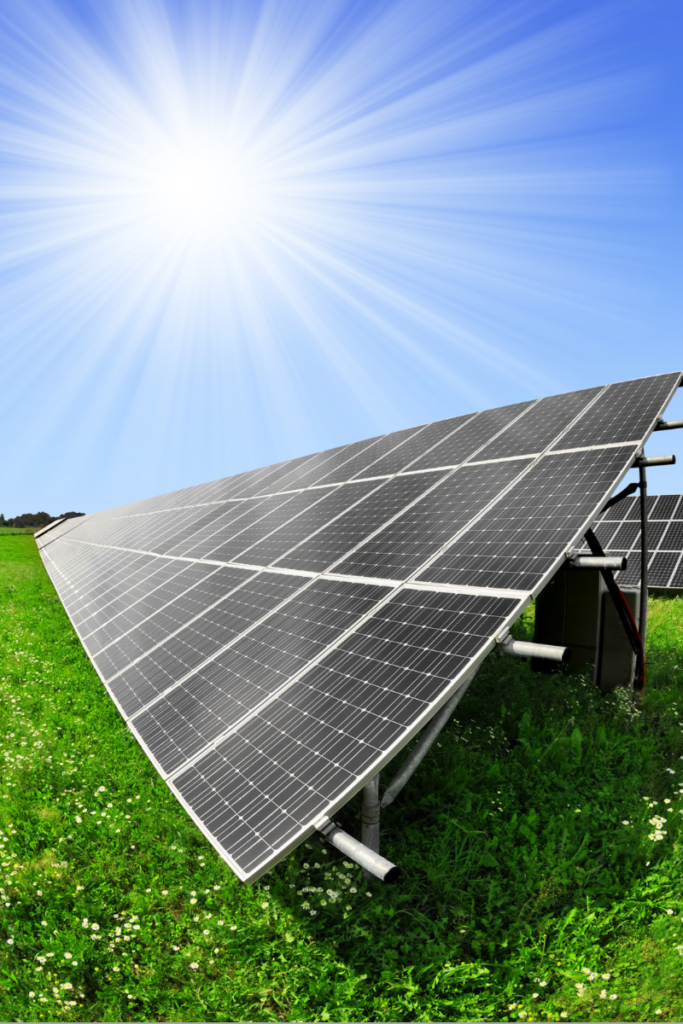
There may be a desire to reduce long-term expenses during recessions. Purchasing solar panels for residential use or other renewable energy sources can prove to be a prudent financial move. Even though the initial outlay could be substantial, it’s an economically sensible and sustainable option given the long-term energy bill savings and possible government incentives.
Investing in renewable energy sources, such as residential solar panels, during recessions can be a wise financial decision. Despite the initial cost, the long-term savings on energy bills and potential government incentives make it a financially sensible and sustainable choice.
5.DIY and Upcycling:

People often reevaluate their spending patterns during recessions. Taking up upcycling and do-it-yourself (DIY) projects can be great ways to reduce waste and save costs. It can be satisfying and cost-effective to upcycle old furniture, repurpose clothing, and make household items out of recycled materials.
During periods of economic downturn, individuals tend to reassess their expenditure habits. Engaging in upcycling and DIY projects can serve as effective means of waste reduction and cost-saving. The process of repurposing old furniture, transforming clothing, and crafting household items from recycled materials can be both gratifying and financially prudent.
The Sustainable Lifestyle’s Resilience
1.Collaboration within the Community:
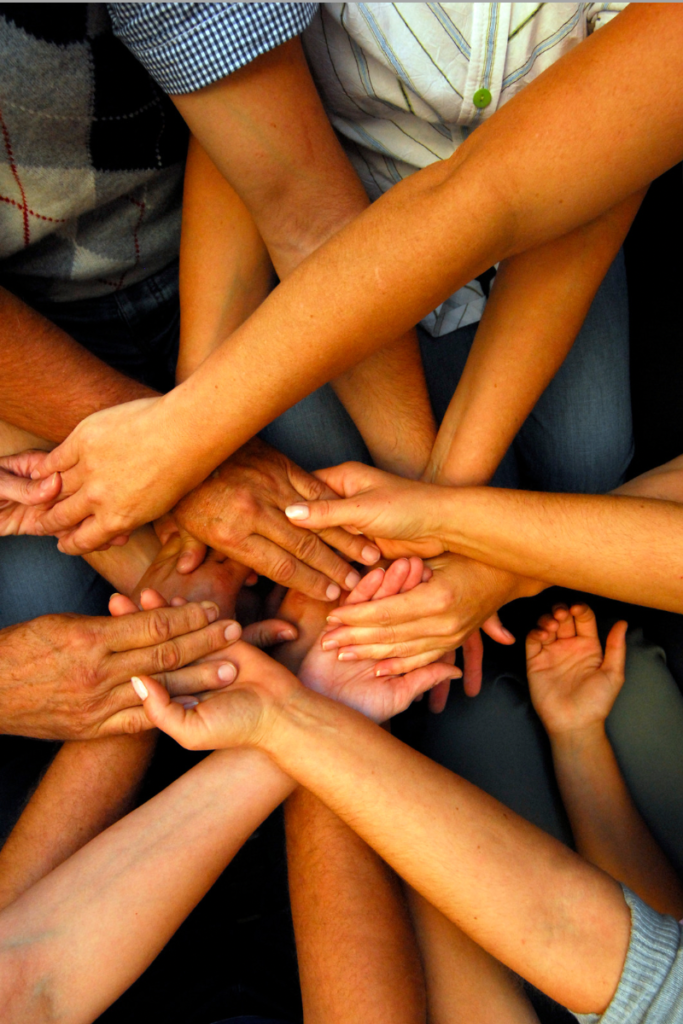
Creating a strong sense of community is essential to sustainable living. Communities that help one another out grow more resilient during a recession. Combining resources, expertise, and abilities builds a group power that can be used to more skillfully handle economic difficulties. Collaborative efforts include things like local sustainability groups, community gardens, and tool-sharing programs.
Creating a strong sense of community is vital for sustainable living. Such communities develop resilience during economic downturns by supporting each other. By pooling resources, expertise, and abilities, they create a collective strength that enables them to effectively navigate financial challenges. Collaborative initiatives like local sustainability groups, community gardens, and tool-sharing programs contribute to fostering this community spirit.
2.Creating a Variety of Income Streams:

Sustainable living includes more than just cutting costs; it also entails developing stable sources of income. People can look into opportunities in the green economy, like renewable energy projects, eco-friendly products, and sustainable agriculture. In uncertain economic times, financial stability can be achieved by diversifying sources of income.
3.Opportunities for Education and Careers in Sustainability:
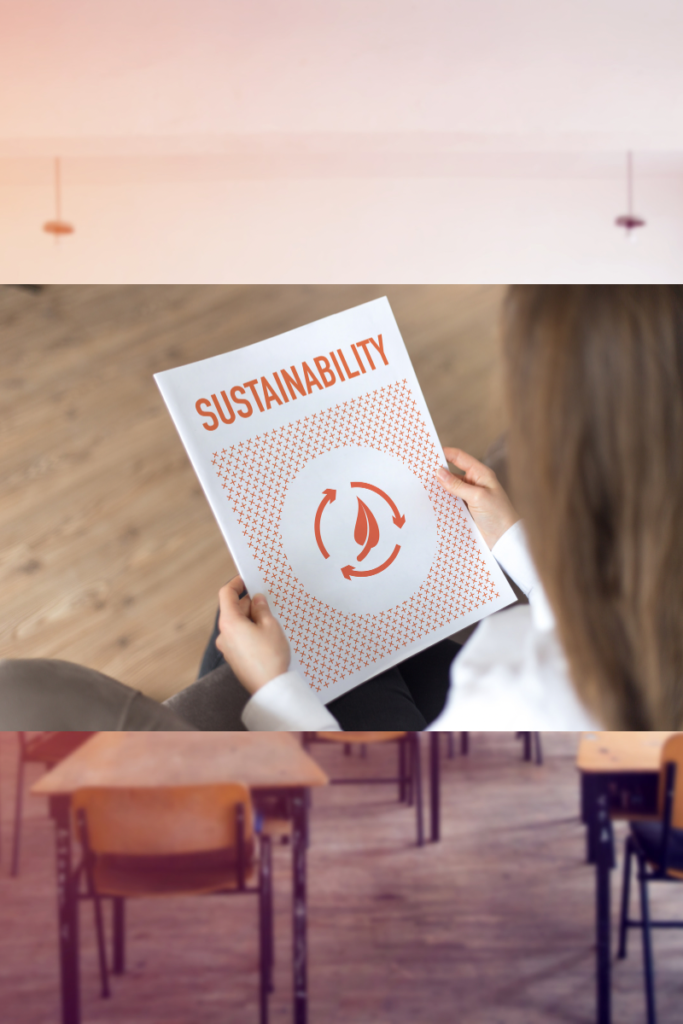
The growing recognition of environmental stewardship by governments and businesses has led to an increase in the need for sustainability specialists and professionals. People can take advantage of educational and career opportunities in sustainable fields, which will help them grow personally and align with the principles of living a greener lifestyle.
Adaptive Housing Options:
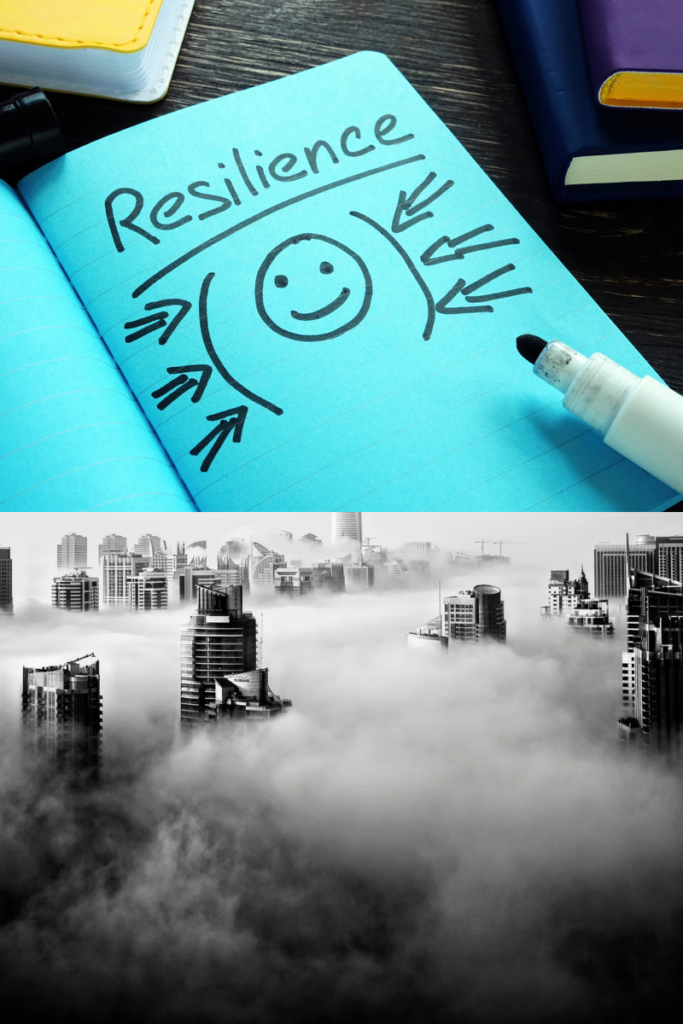
The built environment is a part of sustainable living, and during a downturn, making an investment in resilient housing solutions can be wise. You can lower your long-term housing costs by implementing energy-efficient designs, using eco-friendly materials, and implementing off-grid technologies. These measures will also make your living space more resilient overall, particularly against future fluctuations in energy prices.



